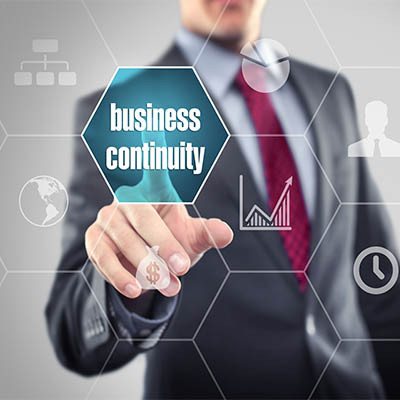- Home
- About Us
- IT Services
- Understanding IT
- Understanding Automation
- Understanding Ransomware
- Understanding Shadow IT
- Understanding Your Virtual Identity
- Understanding the Modern Office
- IT Threat Glossary
- Understanding Business Continuity
- Understanding the Internet of Things
- Understanding Network Security
- Understanding SOX
- Understanding BYOD
- Understanding PCI DSS
- Understanding HIPAA
- Cloud Computing
- Blog
- Support
- Contact Us
- Home
- About Us
-
IT Services
-
Understanding IT
- Understanding Automation
- Understanding Ransomware
- Understanding Shadow IT
- Understanding Your Virtual Identity
- Understanding the Modern Office
- IT Threat Glossary
- Understanding Business Continuity
- Understanding the Internet of Things
- Understanding Network Security
- Understanding SOX
- Understanding BYOD
- Understanding PCI DSS
- Understanding HIPAA
- Cloud Computing
- Blog
- Support
- Contact Us
- You are here:
-
Blog

-
Keith Walsh

- How to Plan a Customer Relationship Management Strategy (and Why You Need One)
Walsh IT Group Blog
How To Create Business Continuity for Your Organization
No one likes to imagine the worst-case scenario, but it’s important for businesses to put themselves in the shoes of an organization that has everything to lose. What would happen if you suddenly experienced a data loss disaster, or worse, a complete and total shutdown of operations? If you don’t have a plan in place, you will certainly wish you did. Let’s talk about how to make that happen.
First, let’s examine what the concept of business continuity entails, especially in the context of a global pandemic.
Defining Business Continuity
Plenty can go wrong when you run a business. Natural disasters, power outages, fires, floods, hacking attacks, ransomware, and user error can all create difficult positions for your business to get out of, provided you are unprepared for them. A business continuity plan can help your business prepare for trouble and manage expectations both during and after a disaster. This might include keeping downtime to a minimum and preserving resources, like your data. That said, we want to make it clear that disaster recovery and business continuity are two different things. While disaster recovery does contribute to a business continuity plan, it must be said that business continuity is more all-encompassing and addresses more than just your disaster recovery.
Components of a Successful Business Continuity Plan
Before thinking about the specifics of your plan, we recommend performing what is called a business impact analysis. This is when you take a closer look at critical functions of your business, as well as how important they are and how badly your organization might be impacted by them. Once you understand how your business could be affected by a potential disaster, you can prioritize business continuity by focusing on those aspects of recovery.
There are several specifics that you will want to look at regarding your own business continuity plan, but they will generally fall into one of the three categories below.
- Digital resources: Most businesses need data of some sort to maintain operations. When a disaster strikes, you will need access to it, whether it is stored on-site or in the cloud. This also means that you will need a way to recover this data should it become lost.
- Human resources: Your employees are the ones who use the data and other resources, so make sure that they are accounted for, too. It helps to establish a chain of command so that everyone knows their roles in the event of the worst. Furthermore, you should make sure to maintain contact with clients and vendors to ensure they are aware of your situation.
- Physical resources: Once you have determined how to manage your data and workers in the event of a disaster, you will have to figure out where everyone will work and how they will work. This all constitutes physical resources such as your office space, hardware solutions, and so on. For manufacturing, this also means maintaining access to parts or products.
In essence, your business continuity plan should take into account all resources it needs for everyone to do their jobs as effectively and efficiently as possible. It is also helpful to have your business continuity plan in a location where everyone who needs it can find it. You should also plan to maintain a list of equipment, the locations of your data backups, and contact information needed for operations to keep operations going.
Reinforce Your Plan
It is critical to remember that your business continuity plan is only as valuable as your ability to execute on it. You can perform a test of your plan to discover what works for your plan, what doesn’t work for your plan, and what might still need to be addressed. If you can routinely test your strategy, you will be prepared for when it comes time to actually utilize it. Here are some ideas to help you make sure your business continuity plan is ready for action:
- Downtime: Does your plan meet the expected minimum of downtime? Does it keep costs down?
- Implementation: Is your plan something that can be implemented at a moment’s notice?
- Feedback: What do your staff think about the plan? Do they have any recommendations or ideas for improvement?
Time to Get Started
If you have not considered these worst-case scenarios, don’t wait any longer. Walsh IT Group can help you get focused on your organization’s future by assisting you with implementing and testing a business continuity plan. To learn more, reach out to us at (832) 295-1445.
About the author
Chief Amazement Officer
Mobile? Grab this Article!
Tag Cloud

Comments